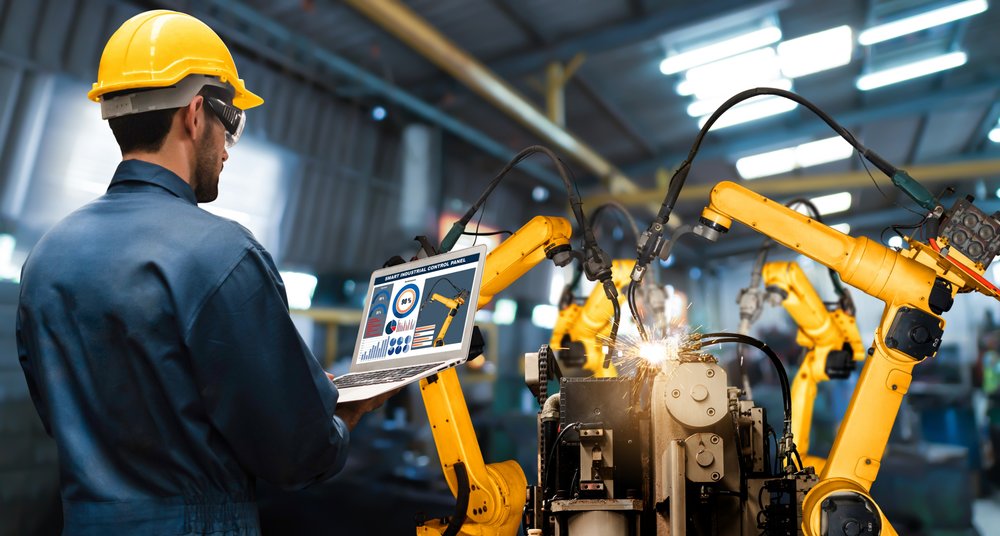IIoT (Industrial Internet of Things)
The Industrial Internet of Things, also known by the acronym I-IoT, literally represents the application of the Internet of Things (IoT) in the industrial world. It is therefore an evolution of the concept of the Internet of Things which closely concerns industrial processes and aims to make them more efficient and secure.
More technically, by Industrial Internet of Things we mean that evolutionary path of the Internet through which every physical object acquires its counterpart in the digital world. At the basis of the IoT (and therefore of the I-IoT) there are intelligent objects (i.e. capable of identification, localization, state diagnosis, data acquisition, processing, implementation and communication) and intelligent networks (open, standard and multifunctional) .
IoT applications in the industrial world are also known with the expression "Industrial Internet" or, with a broader and more recent meaning, included under the paradigm of "Cyber-Physical Systems".
Applications of the Industrial Internet of Things
The application areas of the Industrial IoT also deserve a dutiful focus:
- Smart Factory: production progress control, occupational safety, maintenance, material handling, quality control, waste management;
- Smart Logistics: traceability / monitoring of the supply chain via RFId tags (Radio-Frequency Identification) and sensors, monitoring of the cold chain, security management in complex logistics hubs, fleet management (e.g. via GPS / GPRS);
- Smart Lifecycle: improvement of the new product development process (e.g. through data from previous versions of connected products), end of life management, supplier management in the new product development phase.
